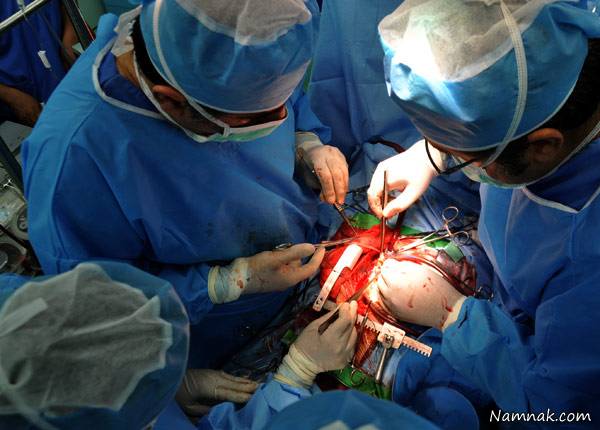
Heart Transplant Definition
Heart transplant is a surgery to replace a failing heart with a healthy one from an organ donor. If it goes well, heart blood and function will be better than ever. Doctors remove the patient's heart by transecting the aorta, the main pulmonary artery and the superior and inferior vena cava, and dividing the left atrium, leaving the back wall of the left atrium with the pulmonary vein openings in place. They connect donor heart by sewing together the recipient and donor vena cava, aorta, pulmonary artery and left atrium.
It may need if heart is failing and other treatments are no longer working.
End-stage heart failure is the final stage of heart failure that heart muscle can’t pump blood through the body. Severe heart failure is one the most common reason for heart transplant.
Conditions that require heart transplant
-
Coronary heart disease
-
Cardiomyopathy
-
Congenital heart disease
-
Heart valve disease
-
Failure of a previous heart transplant
Wide range of information and evaluation process are needed for heart transplant such as
-
Blood tests: to find a good donor match
-
Psychological and social evaluation
-
Diagnostic tests: may include CT scan, pulmonary function tests, ultrasound procedures
The donor heart is matched to the recipient by blood type and body size. To prevent immune system from rejecting the new heart, patients with heart transplant must take medications which are called immunosuppressive medication.
During Heart Transplant
If a donor heart becomes available, a surgeon goes to harvest the donor heart. The heart is cooled and stored in a special solution while it is taken to the recipient. During a heart transplant, the patient is placed on a heart-lung machine. This machine allows the body to receive vital oxygen and nutrients from the blood even though the heart is being operated on. Surgeons then remove the patient's heart except for the back walls of the atria, the heart's upper chambers. The backs of the atria on the new heart are opened and the heart is sewn into place. Then they connect the blood vessels, allowing blood to flow through the heart and lungs. As the heart warms up, it begins beating. This surgery lasts about 6 hours.
After Heart Transplant
After procedure patients stay in the intensive care unit for a few days and then be moved to a regular hospital room. After leaving hospital, transplant team will monitor patient at outpatient transplant center. To determine rejecting the new heart, patient will have frequent heart biopsies in the first few months after heart transplantation.
Diet Therapy in Heart Transplant
During the acute post-transplant phase, adequate nutrition is required to help prevent infection, promote wound healing and support metabolic demands. After transplant, patients need to adjust their diet to keep heart functioning well.
Dietitians may recommend
-
Staying hydrated
-
Avoiding excessive alcohol
-
Avoiding unhealthy fats
-
Maintaining a low-salt diet
-
Eating whole-grain breads, cereals and other grains
-
Eating plenty of fruits and vegetables each day
-
Eating lean meats
-
Achieve and maintain ideal body weight
-
Limiting sugar and concentrated sweets
Dyslipidemia is common after transplantation. Factors that promote this situation include
-
Inappropriate diet
-
Immunosuppression with cyclosporine and steroids
-
Anti-hypertensive agents
To improve lipid profile, the following is recommended
-
A cholesterol intake below 300 mg per day
-
To limit total dietary fat to less than 30% of total calories
-
To limit saturated fats to less than 10% of total calories
-
To increase mono- and polyunsaturated fat (the latter about 7% of total calories)
Exercise After Heart Transplant
Doctors may recommend exercise and physical activity to patients with heart transplant to improve overall health. Regular activity can also help control blood pressure, reduce stress, maintain a healthy weight and increase physical function.
Exercise program may include warm-up exercises such as walking or strength training.
Heart Transplant Complications
A heart transplant is a risky procedure. Potential risks of a heart transplant may include
-
Infection
-
Kidney failure
-
Breathing problems
-
Blood clots
-
Bleeding
-
Coronary allograft vasculopathy (CAV)
-
Failure of the donor heart




